Ghana
For months, he crisscrossed the country to advocate for peace as Ghana headed to the polls on December 7 for keenly watched general elections.
He met dozens of religious leaders across the intra and inter religious divide – seeking from each of them a pledge and rallying call to Ghanaians to maintain the peace before during and after the elections.
He calls himself the cool Imam, but his real name is Abdul Hamid Kishk Bashir Yandu, Director of the Al-Islaah Center, an Islamic think tank and Civil Society Organizations, CSO; located in Accra.
On the centrality of peace he stressed: “Without peace I wouldn't have gone on a peace campaign. We even need peace for us to live peacefully.” He added that his dream was to extend similar campaigns across the West Africa subregion during polls.
Kishk was part of Ghana’s active civil society space that played a critical role in advocating for peace during the 2020 election. His nationwide campaign was dubbed: “RELIGIOUS LEADERS AGAINST ELECTIONEERING VIOLENCE.”
His travels also involved meeting with law enforcement officials especially with the police, giving them the opportunity to also pass on their calls for collective comportment come December 7.
Social media played a crucial role in spreading the message of peace and non-violence. Kishki uses Twitter, Facebook and WhatsApp to spread the messages he curates from across the country.
His team has met with the Christian clergy – priests from the Roman Catholic, Anglican and other Charismatic faiths. Whiles within the Islamic sphere he has called on leaders across the Sunni, Ahmadi and Sufi orders. He shared his experiences with Africanews.
What was the motivation to undertake this mission?
The only voice of reason at these times of elections is the voice of the RELIGIOUS leaders. So the motivation is to use the soft power of religion to tame the heated political atmosphere.
What has been the impact?
The impact has been massive. The religious leaders opened their places of worship and homes for us to meet them. And the followers were impressed, because we had some engagements too with the populace.
Especially as you can find some religious leaders putting their weights publicly behind party A or B in this elections. So when we came with a unifying voice the people loved it.
What are two memorable incidents you encountered?
The Lord Bishop of the Tamale Diocese of the Anglican Church in Bolgatanga happened to be a Zongo boy who spoke Hausa, this was memorable.
Secondly, the discipline and simplicity of the people of Wa was amazing. Motorbikes obeying traffic rules was to me a new miracle, and that's just what the motorbike riders in Wa do
How herculean was the travels around / challenges?
I mainly used public transport throughout my journey and some of the cars were rickety and packed, so there was a little bit of discomfort.
How did you fund the project?
Funding was mainly from my pockets and KAICIID an international dialogue center and some individuals who also helped.
List some of the top clergymen you have met.
Dr Cyril Fayose, Gen Sec Christian Council. Lord Bishop Kobina Asmah, Sekondi Diocese Anglican Church. Sheikh Kamil Mohammed Kumasi, Deputy National Imam of Sunnis, Sheikh Armiyao Shuaib, Spokesperson of the Chief Imam.



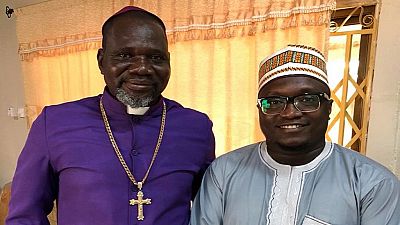

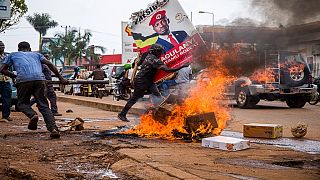
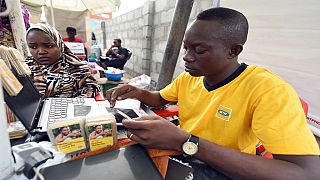
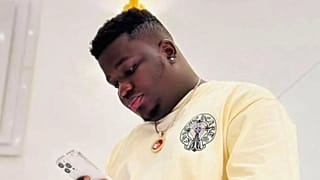
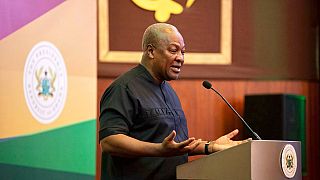
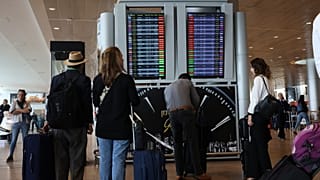
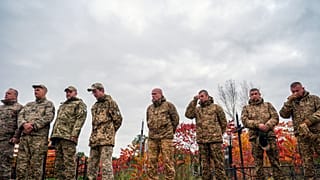
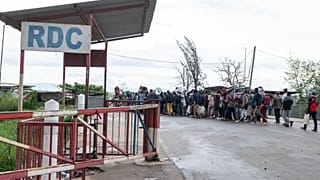

11:17
African central bank governors revive vision for continental monetary integration {Business Africa}
01:13
United Nations decries crackdown on opposition ahead of Ugandan elections
01:05
ECOWAS delegation in Guinea-Bissau for talks with coup leaders
00:51
ECOWAS expels Guinea-Bissau after army general seizes power
Go to video
Several bodies condemn military takeover in Guinea-Bissau days after polls
01:13
Uganda: Bobi Wine's party says hundreds of its supporters arrested at rally